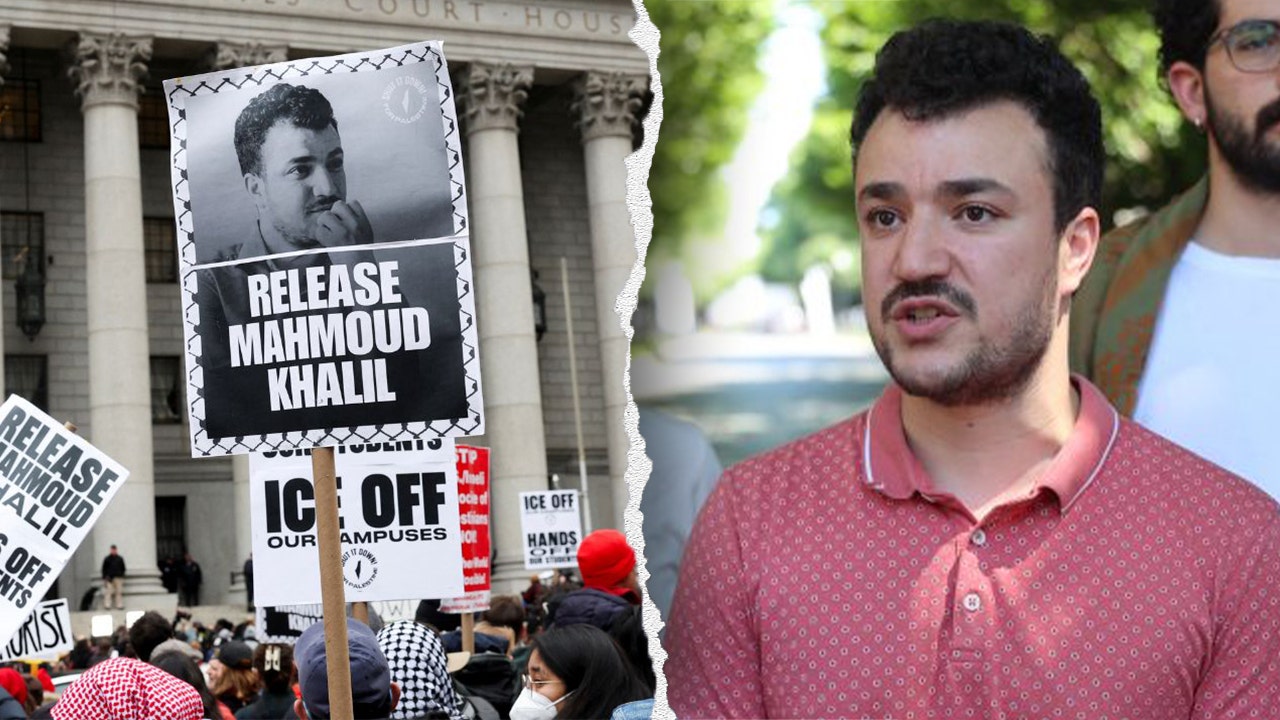Anti-Israel activist Khalil should remain in Louisiana immigration jail: DOJ

The Department of Justice is pushing back against anti-Israel activist Mahmoud Khalil’s request for release or transfer from an immigration detention center in Louisiana to one in New Jersey. DOJ attorneys argued that the courts do not have the authority to intervene in the executive branch’s decision to detain a noncitizen in removal proceedings, citing Congress’s authorization of detention of aliens and significant discretion given to the Executive.
Khalil had requested to be released on bail or transferred to a facility closer to his family and legal team in New Jersey. However, the government attorneys stated that logistically, the Trump administration could not transfer Khalil, even if desired. The ICE facility in Elizabeth, New Jersey, was already over capacity, with 355 detainees, making it impractical to transfer Khalil.
Mahmoud Khalil, a lawful permanent resident, was arrested in March outside his apartment at Columbia University. An immigration judge found him removable based on Secretary of State Marco Rubio’s memo, citing Khalil’s anti-Israel activism as conflicting with U.S. foreign policy interests. Rubio invoked a provision of the Immigration and Nationality Act to support the finding.
Khalil’s case has sparked controversy, with First Amendment advocates arguing that revoking his green card for his anti-Israel stance is a violation of free speech. Judge Michael Farbiarz, a Biden appointee, denied Khalil’s initial request for release, acknowledging concerns about the constitutionality of Rubio’s justification but noting additional allegations of incomplete green card application by Khalil.
The Trump administration accused Khalil of filing a fraudulent application, omitting his involvement with Columbia University Apartheid Divest and failing to disclose previous employment at the United Nations Relief and Works Agency for Palestine Refugees. The government alleged that Khalil obtained legal status through fraud or misrepresentation, violating immigration laws.
Judge Farbiarz’s ruling highlighted the unresolved issue of Khalil’s allegedly incomplete green card application, alongside concerns about the constitutionality of revoking his green card based on anti-Israel activism. The case continues to draw attention and debate, with supporters arguing for free speech rights and critics raising questions about immigration fraud.
In conclusion, the legal battle surrounding Mahmoud Khalil’s detention and removal proceedings underscores complex issues at the intersection of immigration, free speech, and national security concerns. As the case unfolds, it will be closely watched for its potential implications on immigration policy and First Amendment rights.




